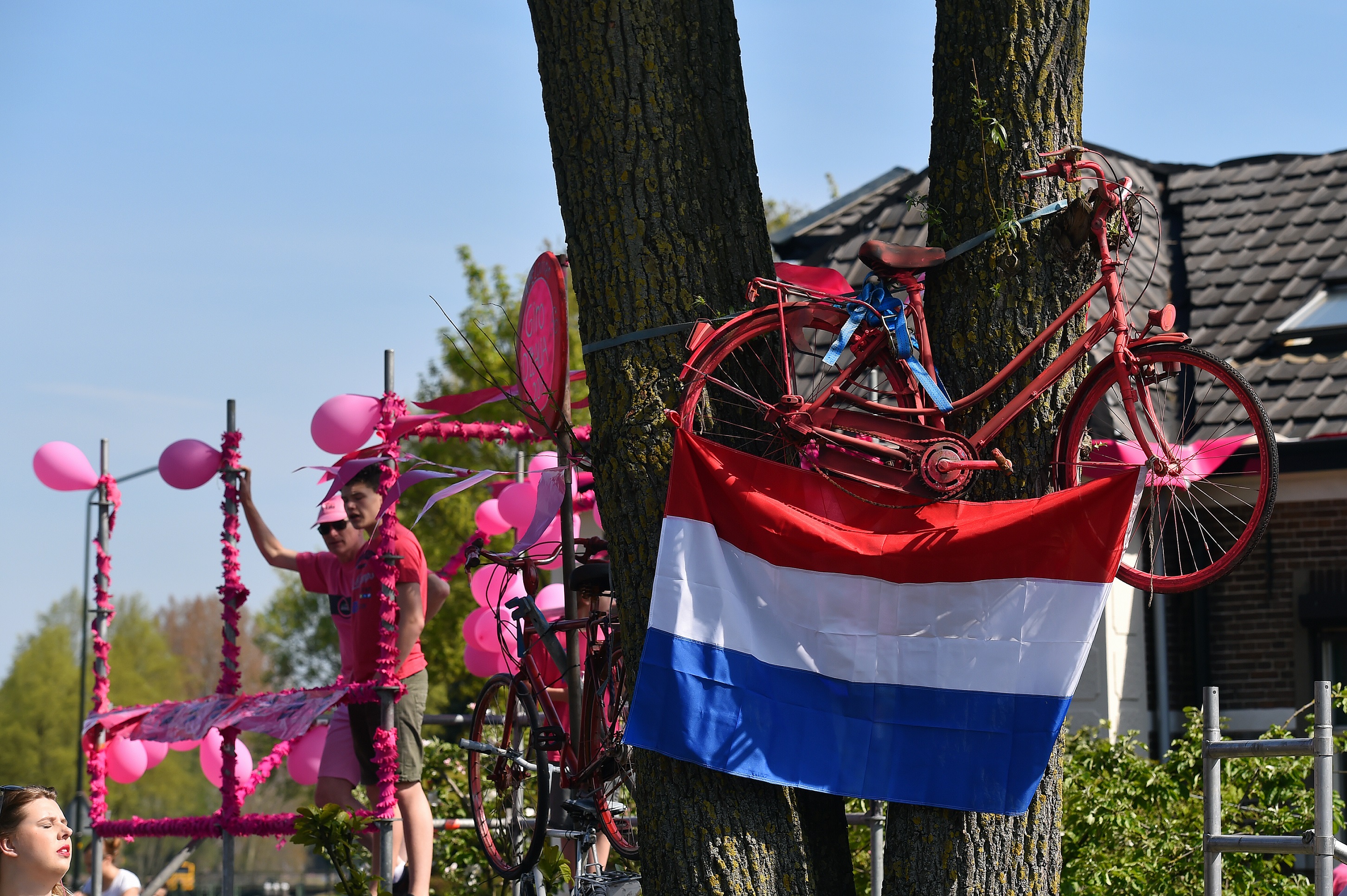Report finds widespread bullying, intimidation and abuse in Dutch cycling
More than a quarter of riders have said they've felt unsafe

Almost two-thirds of top Dutch riders have endured one or more 'unpleasant' experiences within their team in the past year, and more than a quarter have said that they have not felt safe, according to a report published by the Dutch Cycling Federation (KNWU). A third of amateur riders also said that they had suffered 'unpleasant' experiences, and on average one person cited four such experiences over the past year.
The report claims that as many as one in three have been the victim of physical or verbal violence in the past year. Of those who said they felt unsafe, many said that they felt most threatened by other athletes, followed by trainers or coaches.
Some 13 per cent said that they had been on the receiving end of inappropriate sexual behaviour, including 'touching' and comments. The report stated that perpetrators tended to be men, but there was one woman involved in the instances reported.
Some 41 per cent of riders said that they had felt coerced or blackmailed into doing something. Excessive control over private life was the highest noted type of coercion, constraint or blackmail, with losing weight the second. Other respondents said that they had been forced to pay out money to the team in order to remain part of it or to be included or gain selection. The occurrences of this increased when it came to amateur-level riders.
The investigation was undertaken by criminologist Anton van Wijk and Professor Marjan Olfers. In a report that spanned more than 20,000 words, the KNWU detailed their findings and the measures that would be put into place in light of them. The KNWU has said that they will work with the Dutch riders' association, the VVBW, to ensure better conditions.
"We intend to start a campaign in the short term to discuss intimidation," the KNWU said in a statement issued at the same time as the publication of the report. "The norm is a safe and pleasant sports environment, not one of reviling and belittling.
"Specifically, the subject of weight and nutrition plays a major role in this. Young people and women form an extra vulnerable group. With regard to the weak employment position of professional cyclists and riders, we are in consultation with the VVBW to improve the employment position of these athletes."
Get The Leadout Newsletter
The latest race content, interviews, features, reviews and expert buying guides, direct to your inbox!
Culture
Respondents to the investigation's survey were almost 50-50 in terms of gender, with the average age of the group 23 years. Experiences cited by riders during the almost 18-month investigation included blackmail, bullying, intimidation and sexual harassment, among other things.
A total of 113 elite riders and more than 2,000 amateurs responded to the questionnaire published by the investigation, which was set up at the end of 2016 following British Cycling's enquiry in the wake of allegations sexism and bullying from Jess Varnish and others. Weight and nutrition was a common theme throughout the report and the negative impact that the push for weight loss often had.
"There is always a team leader who says you are overweight or have a fat ass, or just have lost too much," one top rider wrote. "There is open talk also about others. That's offensive, especially since it's often things you're already doing. The feedback is anything but constructive. Your humanity and what is healthy is skewed: as long as you're light, you perform."
In the report, some riders stated that they did not know what was 'normal' in cycling, and the KNWU said that there needed to be a discussion on the culture within top-level sport.
It added that more targeted information should be made available to athletes and coaches to avoid the perception that certain behaviours were 'normal' in cycling. It stated the need to combat the push for excessive weight loss and inform riders and staff of the negative side effects that it could have, including anorexia, depression and low self-esteem.
Among their recommendations, the report said that better and more balanced contracts were needed to improve the employment position of riders, particularly those deemed 'replaceable', and a stronger role for the riders' association. In the case of inappropriate behaviour, the report says that the KNWU needed to take more responsibility, and in the cases of sexual harassment must work with the Instituut Sportrechtspraak - the Sports Law Institute.
The KNWU said that as the surveys were completed anonymously, they would be unable to take action in any of the incidents detailed but encouraged riders to contact the relevant authorities to report them.